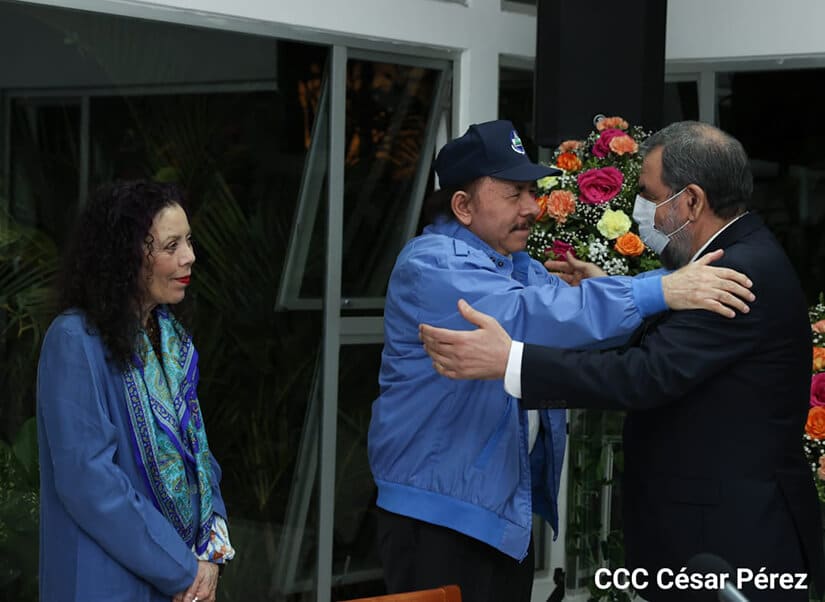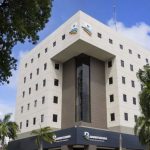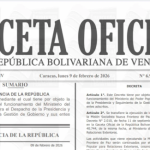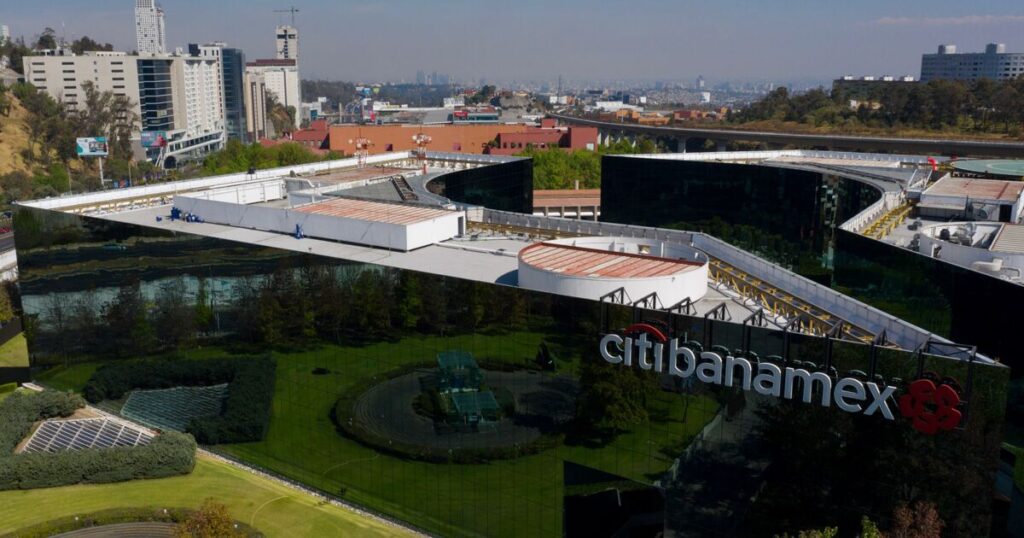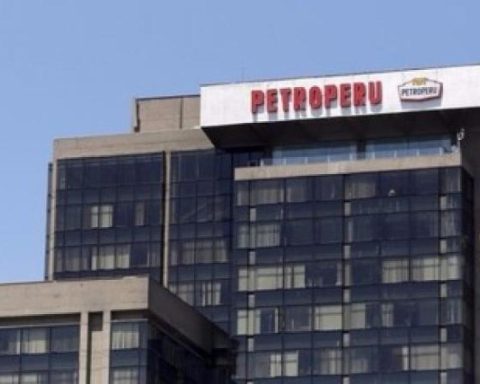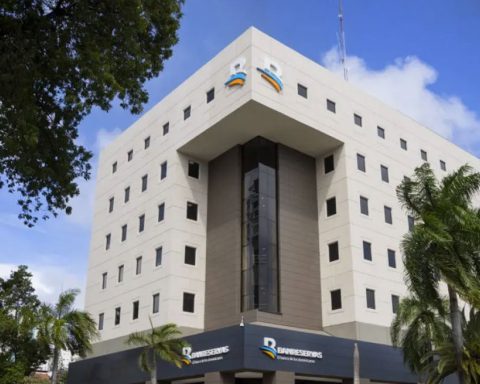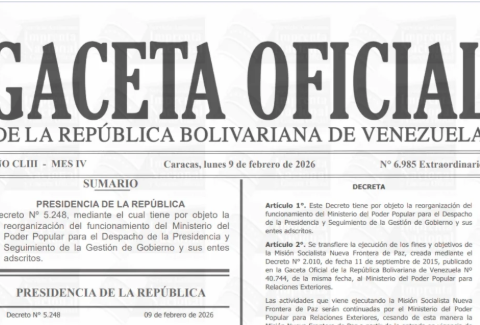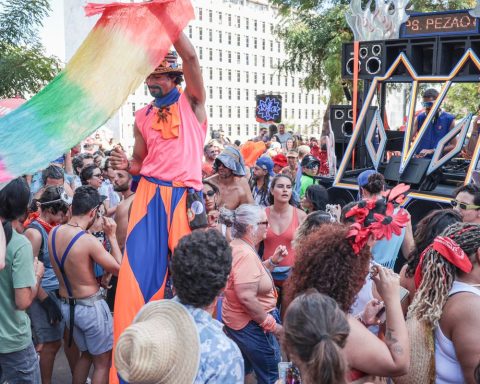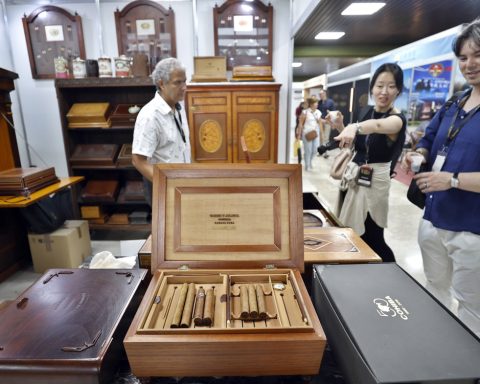Participation as guest of honor in the acts of the new investiture of Nicaraguan ruler Daniel Ortega de Mohsen Rezai, a high-ranking Iranian official accused of the intellectual planning of the worst attack in the history of Argentina —it left 84 dead in 1994— was repudiated by the relatives of the victims.
Tomás Farini Duggan, lawyer for the victims, questioned Iran this Friday about the attack, accused Argentina of covering it up and the Nicaraguan Executive of validating it by accepting the visit and a private meeting with Mohsen, despite the fact that there is a red alert of Interpol for being one of those involved in the attack on the Asociación Mutual Israelita Argentina (AMIA).
“There is a hidden logic. The power of symbols is very strong. Bringing one of the defendants, presenting him as a brother and doing it in front of the Argentine ambassador, and the Argentine Government remains silent, is a symbol, it is not just anything. What they are trying to tell us is that Iran is the author of the attack and Argentina is silent. And Nicaragua fully validates it; (and) Cuba and Venezuela,” Farini said.
Farini explained that he and opposition deputy Waldo Wolff denounced Argentine Foreign Minister Santiago Cafiero and that country’s ambassador to Nicaragua, Danilo Capitanich, before a federal judge, since they should have previously learned of the Iranian’s presence and requested his arrest.
He is also aware of another complaint, in which Ortega is involved, of which he did not offer details and of which it is not clear about the scope that Argentine justice may have when investigating a foreign ruler.
For him, referring to Argentina, a “normal government” would have broken off diplomatic relations in the face of the grievance and would have renounced the Community of Latin American and Caribbean States (CELAC), a community of 33 countries in which Argentine President Alberto Fernández has just joined. be elected president pro tempore with the Nicaraguan vote, and where Cuba and Venezuela also participate, whose leaders also met with Rezai in Managua.
The jurist insisted on describing what happened as incomprehensible and wondered why Iran decides to send an imputed official to an official act of a country that identifies itself as a partner of Argentina; and also to the host ruler who could ask that it not be sent to him under the circumstances. For him, there was treachery.
Although the Foreign Ministry of the South American country issued a condemnation statement on January 11 and described Rezai as an “affront” to justice, the lawyer interpreted that they tried to “save the papers.” “What had to happen is the request for arrest,” he added.
Argentina expresses its strongest condemnation of Mohsen Rezai’s presence at the inauguration ceremony of Nicaraguan President Daniel Ortega.
Their presence constitutes an affront to Argentine justice and to the victims of the brutal terrorist attack against the AMIA.
– Argentine Foreign Ministry ?? (@CancilleriaARG) January 11, 2022
Ortega’s friend’s file
In the last days, El Clarin newspaper has published the background of Rezai, former commander of the body of the Iranian Revolutionary Guards between 1993 and 1994.
The Argentine judicial files cited in the newspaper affirm that Rezai is accused of participating in a select intelligence group, including the interior minister Ahmad Vahidi, who evaluated the proposal to attack Argentina in those years.
Vahidi was the subject of scandal for an event similar to that of Rezai in 2011 in Bolivia when Evo Morales asked him to leave his country immediately when Argentina complained about the minister’s presence at a military act in Santa Cruz.
The Revolutionary Guard has the mission of exporting the Iranian revolution and jihad (holy war). Farini explained that there is something he calls the “AMIA issue”, made up of terrorist acts that shook Argentina in the 1990s.
The main facts are two explosions that caused hundreds of victims. The first attack is attributed to Islamic Jihad, the armed wing of Hezbollah, and was against the Israeli embassy in Buenos Aires in 1992. It left 22 dead and 350 injured; the second is the explosion at Mutual in 1994 with 84 dead and more than 150 wounded, which was planned by Iran and executed by the Lebanese group.
The signing in 2013 of a memorandum of understanding under the government of Cristina Fernández—today vice president—between the Casa Rosada and Iran marked another important point in this story. According to the lawyer Farini, impunity was sought for the imputed Iranian citizens, which would be given by granting the autonomous operation of lifting the international arrests that weighed on those responsible, according to the seventh clause of the agreement.
The story took an even more unexpected turn when the prosecutor Alberto Nisman would denounce the then President Fernández in the case of Iran before the National Congress on January 19, 2015, but he could no longer do so, because one day before the event they found him lifeless. They killed him.
The international sentences
The US Undersecretary of State for the Western Hemisphere, Brian A. Nichols, denounced Ortega for undermining regional security.
In his “inauguration”, Ortega-Murillo were accompanied by @DiazCanelB, @NicolasMaduro and Mohsen Rezaei, an Iranian implicated in the AMIA bombing in Argentina. The hemisphere cannot look the other way while Ortega-Murillo undermine regional democracy and security. pic.twitter.com/bHgwZ7o46q
— Brian A. Nichols (@WHAAsstSecty) January 14, 2022
“At his ‘inauguration,’ Ortega-Murillo was accompanied by Díaz Canel, Nicolás Maduro and Mohsen Rezai, an Iranian implicated in the AMIA attack in Argentina. The hemisphere cannot look the other way while Ortega-Murillo undermine democracy and regional security,” Nichols said.
In the week after taking office, the OAS The US and Israel also reacted with harsh criticism. Tel Aviv focused on the Argentine ambassador Daniel Capitanich, who was singled out for “sharing the ceremony with the Iranian, without withdrawing from the event or notifying the authorities of such a serious situation.”
For days, Capitanich was placed in the diplomatic storm unleashed by the encounters and disagreements between Nicaragua and Argentina. The diplomat had confirmed to the newspaper La Prensa that his country would send a delegation to Ortega’s inauguration, which did not happen.
Whether or not to attend the investiture became a regional issue, because Ortega’s re-election is considered illegitimate by Argentina and 24 other countries that voted for an OAS resolution last November. Two months earlier, even Managua accused Buenos Aires of being an “instrument of imperialism” and denied support for the Argentine president to be the president of CELAC. However, in proof that what is said today in Latin American politics may be the opposite tomorrow, they finally endorsed it on the same day that Capitanich curiously announced that there would be a delegation.
A Nicaraguan diplomat explained that Ortega was “guatuseado (deceived)” by both Argentina and Mexico. Regarding the case of the Iranian, he explained that the Foreign Ministry did nothing because they needed someone of high political level to come to the event and also because of the Argentine snub.
“The strengthening of relations with Iran is part of Ortega’s policy of allying with the enemies of the US: the old Moscow, Havana, Tehran axis, which is now joined by the People’s Republic of China. He mistakenly thinks that his friendship with these countries will give him international protection and recognition,” added the source, who said Rezai has diplomatic immunity as an emissary from Iran.
Detention depended on the Nicaraguan Police
Farini said that there was a request for arrest that was subsequently made by the Interpol of Argentina to that of Nicaragua, but he recognized that the latter belongs to the structures of the Nicaraguan Police. The supreme head of it is Ortega.
“Nicaragua’s Interpol did not respond, because its officials depend on the Nicaraguan Police. It was logical that this would happen. (The Argentines) did it late when the scandal broke out”, he remarked.
Other friends of Ortega, equally questioned in the international community, attended as guests of honor. Former Salvadoran presidents Mauricio Funes and Salvador Sánchez Cerén, accused of corruption in their country, and nationalized in Nicaragua, were two of them. Maduro himself is accused of drug trafficking in the US.
In contrast to the leading role of his controversial guests, Ortega’s inauguration, which marked the beginning of his 15th year in power, was characterized by isolation.
More than 40 countries did not recognize the electoral results, demanded the release of political prisoners and an end to the repression of citizens. Other representatives of civil society did not attend the presidential event either. Ortega surrounded himself only with allies.
In their meeting at the secretariat of the ruling FSLN, Rezai told him that they felt the need to come to Nicaragua. “Good friends have to accompany each other,” cites the note published by international agencies.
“We are fully willing to collaborate and cooperate so that we can defeat US imperialism, and that is our duty as brothers, our obligation as brothers, to come and cooperate together,” said Rezai, one of the protagonists of a case marked by impunity in Argentina.
